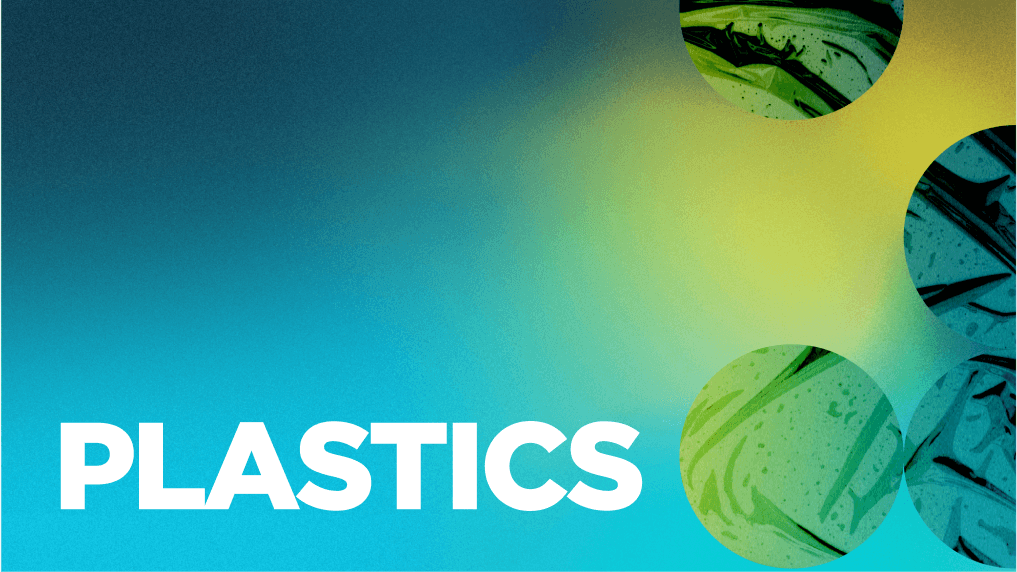Streamed on 30th March 2021
If you came home to find that your apartment was flooding, would you immediately start mopping up the water?
Probably not! That would be a futile effort without first finding out what is causing the flooding and stopping it. This is the essence of tackling the root cause of a problem — moving upstream. In a circular economycircular economyA systems solution framework that tackles global challenges like climate change, biodiversity loss, waste, and pollution. It is based on three principles, driven by design: eliminate waste and pollution, circulate products and materials (at their highest value), and regenerate nature., upstream innovation is about tracing a problem back to its root cause and tackling it there. Why deal with a pile of waste when we can prevent it from being created in the first place? Good for the environment, good for the economy: shifting just 20% of plastic packaging from single-use to reusereuseThe repeated use of a product or component for its intended purpose without significant modification. is an upstream innovation opportunity worth ~USD 10 billion. Join us in this episode to explore worldwide cutting-edge upstream innovation examples to tackle plastic pollution. We will hear from Apeel, who disrupts food systems by extending the life of fruit and vegetables without any single-use plastic. Next up: Enviu will share their reuse projects and how they are tackling plastic pollution from Indonesia to The Netherlands.







